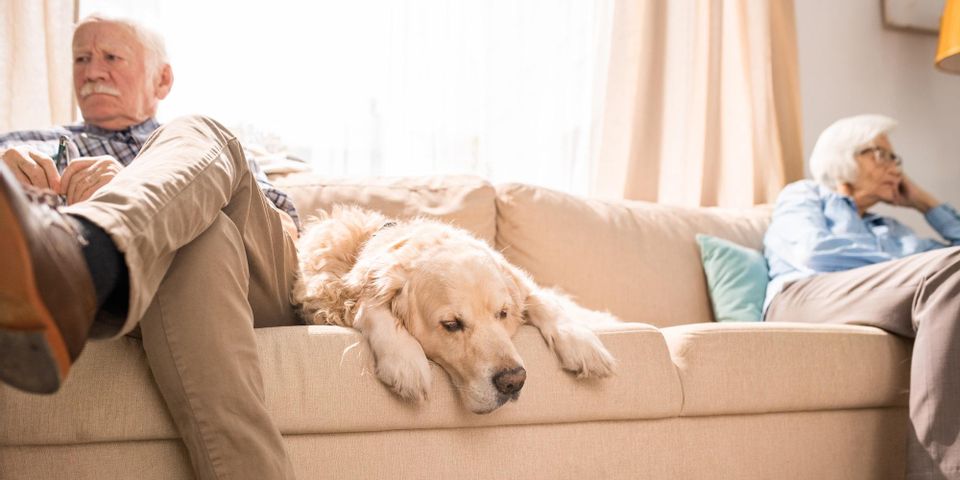What Happens to Pets in a Divorce?

Though most people tend to think of their pets as valued and cherished members of the family, in a divorce, they become personal property, at least from a family law perspective. That means that pet ownership is awarded in the same ways that a spouse is awarded a home or vehicle. However, family law courts take several factors into account when determining pet ownership.
What Considerations Are Taken When Determining Where a Pet Ends Up?
The Original Owner
If one spouse was the sole owner of the pet before the marriage, they will often retain ownership in the divorce. In the eyes of the law, this spouse was the original owner, the one who purchased or adopted the pet, and the one who first paid for its care and upkeep, and they have the right to keep it. Again, this is how most assets are handled in a divorce; for instance, if one spouse enters a marriage with a certain amount of money in a retirement account, they usually keep that amount after the divorce since it was earned before the union.
The Primary Caretaker
A family law court might also consider which spouse is the pet's primary caretaker when determining who retains ownership. If one spouse travels often for work, for example, the other spouse is likely the animal's main care provider. Since animals often form the strongest bonds with the humans who feed, walk, comfort, and play with them the most, a court may be hesitant to award ownership to a spouse with whom the animal doesn't have the strongest relationship.
The Children
 Children usually form profound attachments to their pets. A court will surely factor into their ownership decision whether kids are present in the home and what the relationship is between the children and the pet.
Children usually form profound attachments to their pets. A court will surely factor into their ownership decision whether kids are present in the home and what the relationship is between the children and the pet.
Lifestyle
Some pets need to maintain a specific lifestyle. Certain breeds of dog, for instance, need to be engaged in high-energy activities, while many cats prefer to be independent and relaxed. The courts want to award a pet to the home that can provide the most appropriate lifestyle for their needs.
Breeding & Selling
If you and your spouse own a business selling or breeding pets, then there is a strong possibility that they will be viewed as business assets. In the divorce, they will be subject to distribution, along with all the other assets of the business. If one spouse sells their share of the business, they may be forfeiting their right to keep the pet in question.
Clearly, many factors play into who keeps the pets in a divorce. The Law Office of Christopher J. Swatosh can help guide you through this process. With more than 20 years of experience, attorney Swatosh represents Douglas County, MO, residents in criminal, personal injury, and family law cases. Call (417) 683-2987 to schedule a consultation, or visit his Facebook page for more information.
About the Business
Have a question? Ask the experts!
Send your question

